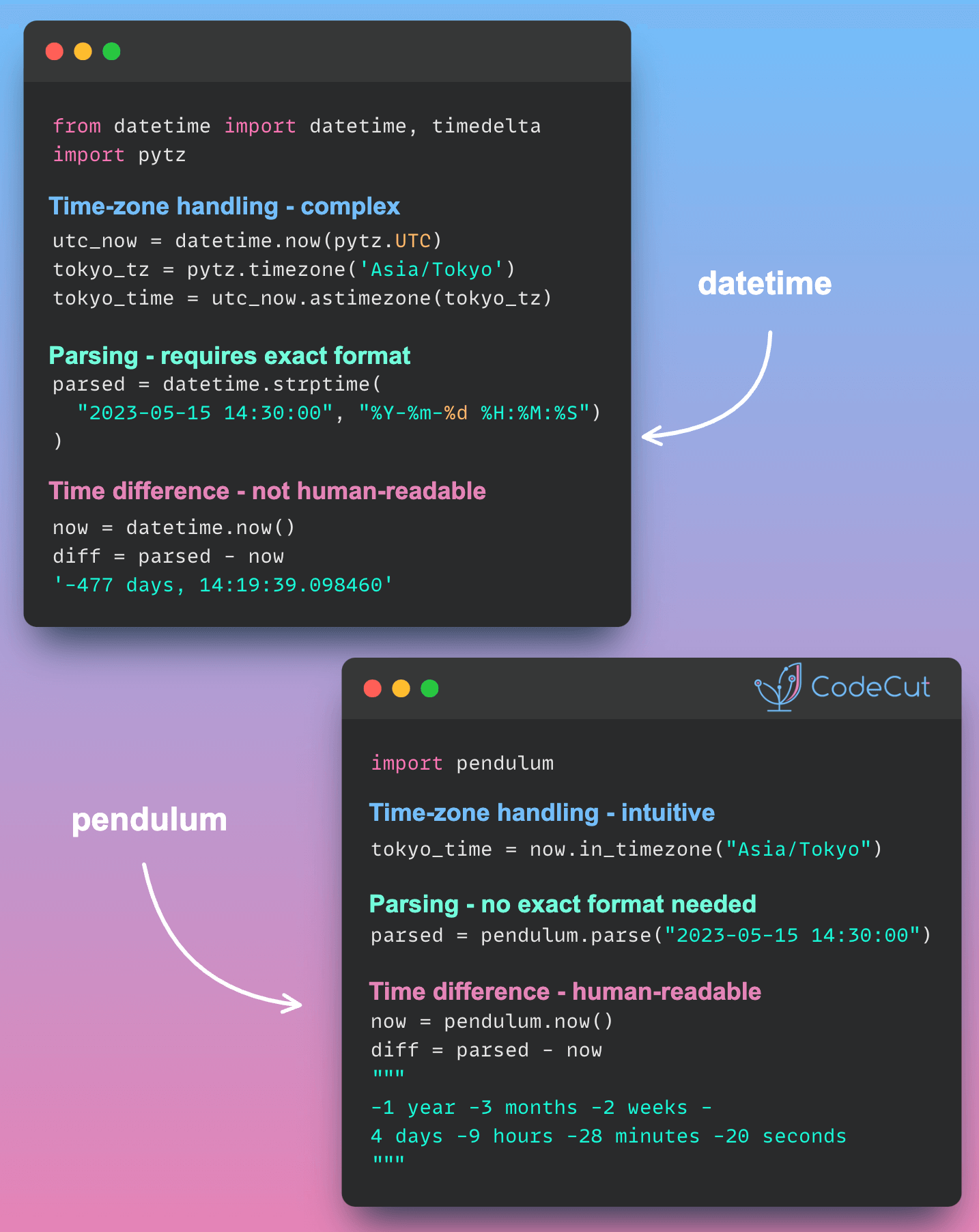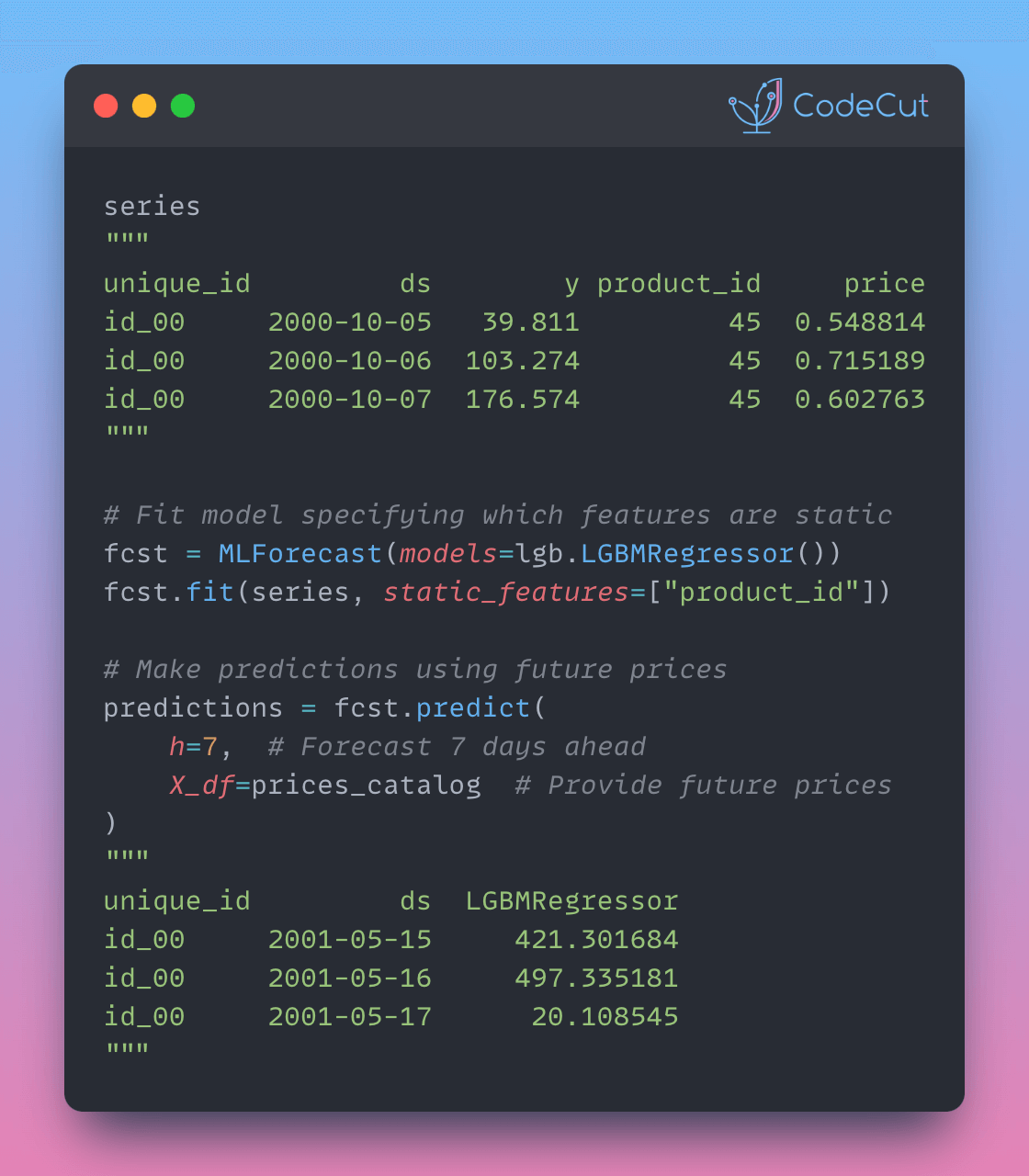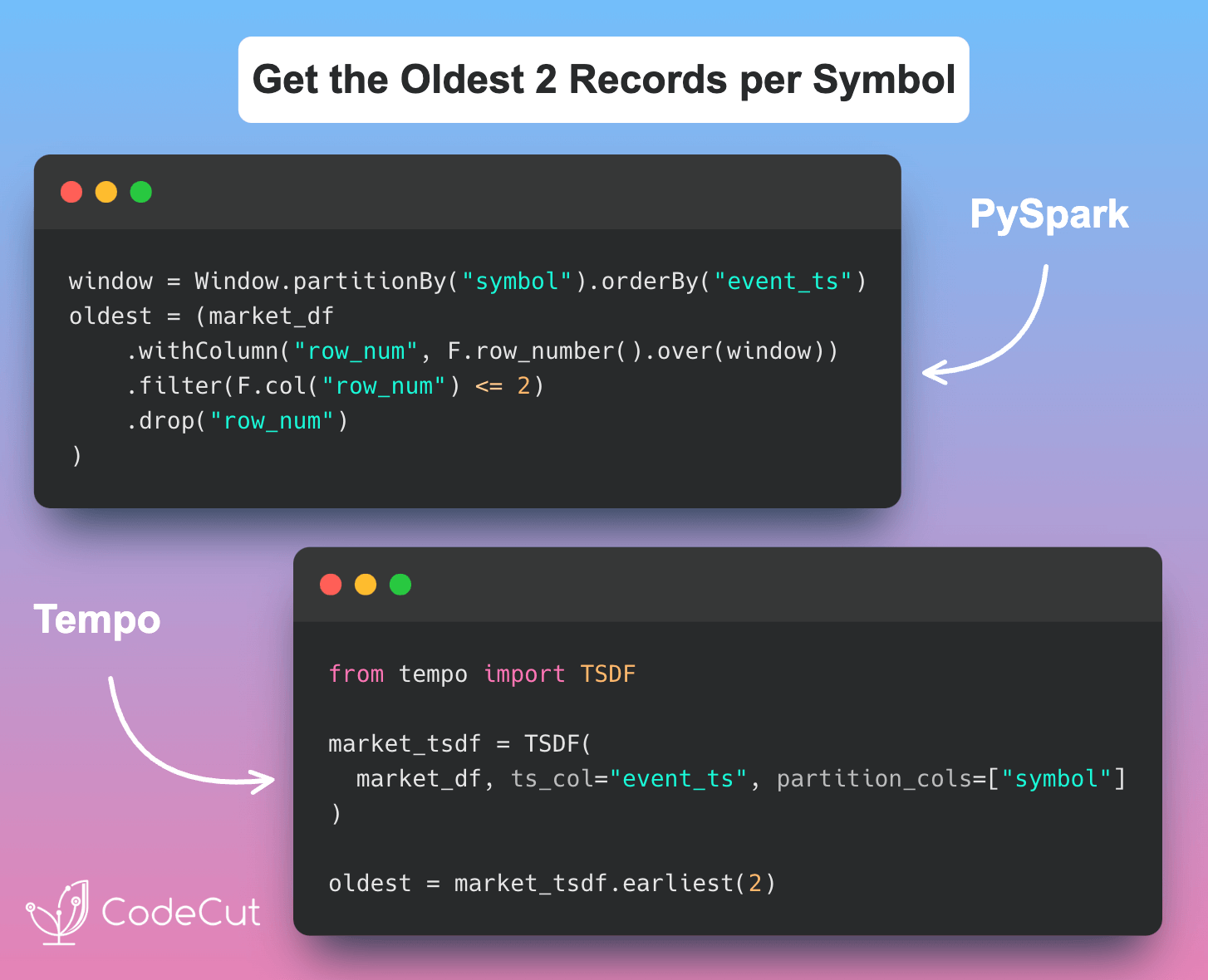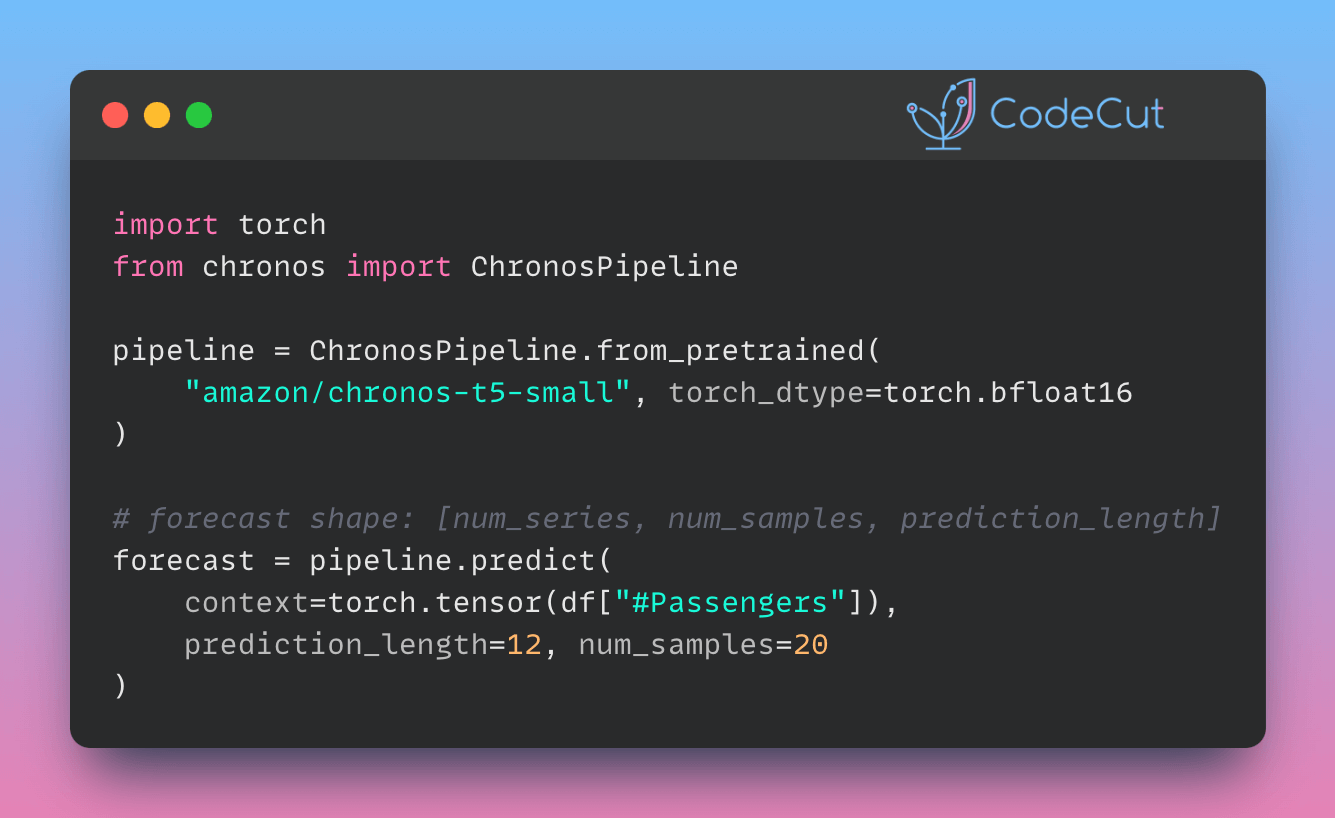While Python’s built-in datetime library is sufficient for basic use cases, it can become cumbersome when dealing with more complex scenarios.
Pendulum offers a more intuitive and user-friendly API, serving as a convenient drop-in replacement for the standard datetime class.
Here’s a comparison of syntax and functionality between the standard datetime library and Pendulum:
Creating a datetime
Datetime:
from datetime import datetime
now = datetime.now()Pendulum:
import pendulum
now = pendulum.now()Date arithmetic
Datetime:
from datetime import timedelta
future = now + timedelta(days=7)Pendulum:
future = now.add(days=7)- Timezone handling: Datetime (with pytz):
import pytz
utc_now = datetime.now(pytz.UTC)
tokyo_tz = pytz.timezone('Asia/Tokyo')
tokyo_time = utc_now.astimezone(tokyo_tz)Pendulum:
tokyo_time = now.in_timezone("Asia/Tokyo")Parsing dates
Datetime:
parsed = datetime.strptime("2023-05-15 14:30:00", "%Y-%m-%d %H:%M:%S")
parsed = pytz.UTC.localize(parsed)Pendulum:
parsed = pendulum.parse("2023-05-15 14:30:00")Time differences
Datetime:
diff = parsed - now_utc
print(f"Difference: {diff}")Pendulum:
diff = parsed - now
print(f"Difference: {diff.in_words()}")Key Advantages of Pendulum
- More intuitive API for date arithmetic and timezone handling
- Automatic timezone awareness (UTC by default)
- Flexible parsing without specifying exact formats
- Human-readable time differences





